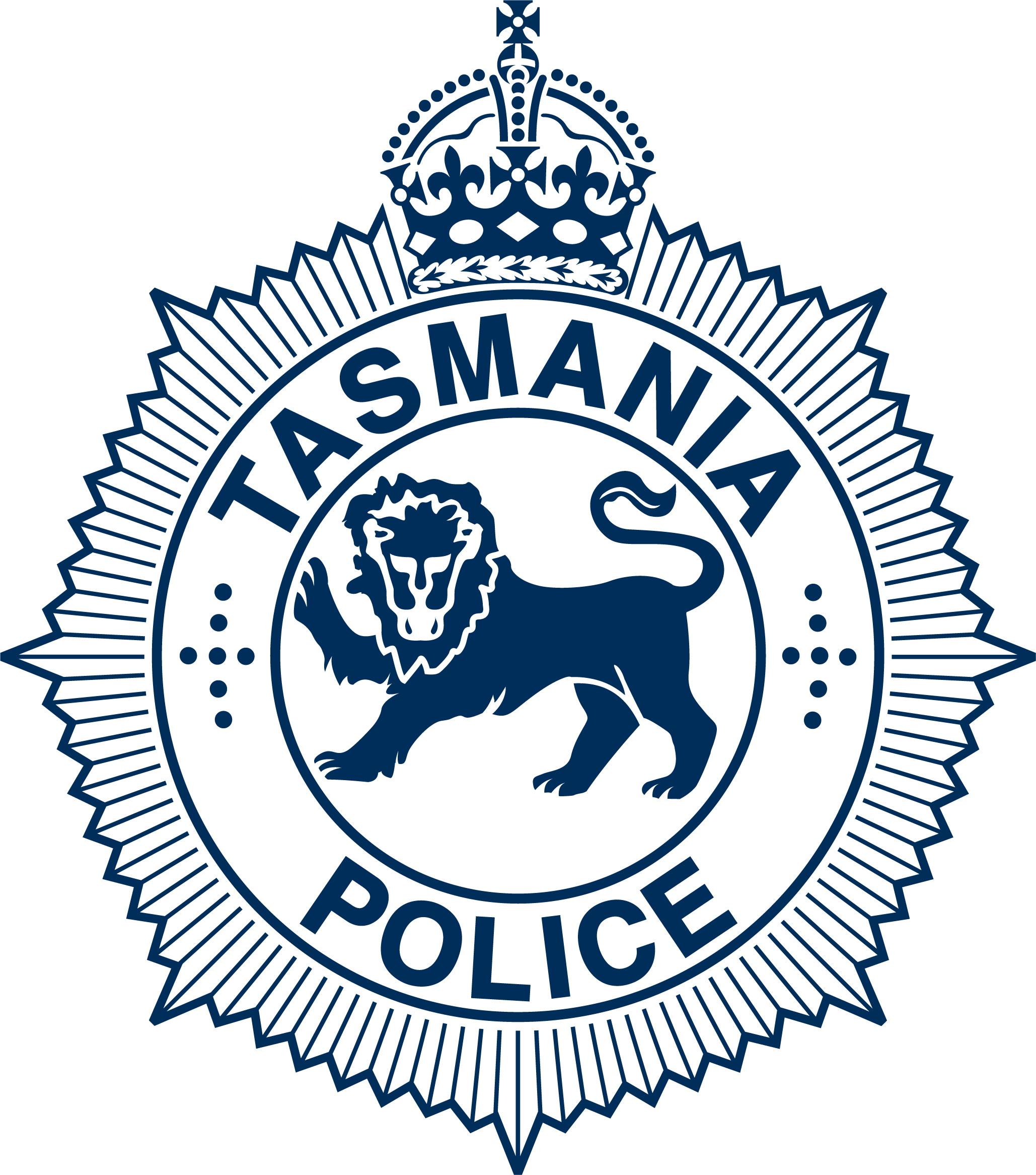Drive Safely for National Road Safety Week
Tasmanian road users will be reminded this week of what can happen if they don’t drive safely for National Road Safety Week.
Speaking at the launch of the week at the Launceston General Hospital today, Road Safety Advisory Council Chair Jim Cox urged people to drive safely so they don’t end up in hospital.
“Broken bodies and broken lives are the result of crashes on the road. The staff in hospital emergency rooms see the results of crashes and they don’t want to see more. This is one place where we don’t want to see a demand for services.”
Mr Cox said that three crashed cars would be on display on busy highways to show people what can happen.
One of the cars will be on the busy Southern Outlet near Kingston, one on the East Tamar Highway and one on the Midland Highway south of Ross.
“We had a good response to the crashed car near Ross last year which is why we’re doing a few more this year,” Mr Cox said.
Police Commander Brett Smith said that marketing activity will be reinforced by enforcement on each day of the week. There would be a focus for each day: Monday, seatbelts and child restraints; Tuesday, speeding; Wednesday, inattention; Thursday, vehicle safety; Friday drink- and drug-driving.
“We should not accept that road deaths are inevitable. Many deaths and serious injuries are avoidable. These deaths and injuries are a tragedy not only for those involved but also for the friends and family of those people,” Mr Smith said.
Police will be focussing on those contributing factors:
• failing to wear seatbelts or restraints correctly,
• speed and not driving to the conditions
• inattention and distraction – eg using mobile phones while driving
• driving while tired
• driving while affected by alcohol or drugs
“We’ll be conducting high visibility patrols targeting the ‘Fatal Five’ causes of road crashes, as well as targeted covert operations,” Mr Smith said.
Launceston General Hospital Emergency Department staff specialist Dr Grace Sousa said that many crashes were avoidable and outcomes have been improved by the use of seatbelts and airbags.
“The importance of using restraints, driving to the conditions, and following speed limits is under recognised until someone has a personal trauma, loses a limb or a loved-one. Many times, it’s a lesson learnt too late,” Dr Sousa said.
Emergency services vehicles will display a yellow ribbon for the Week as a reminder to drive so others survive and to remember those killed or injured and their families.



